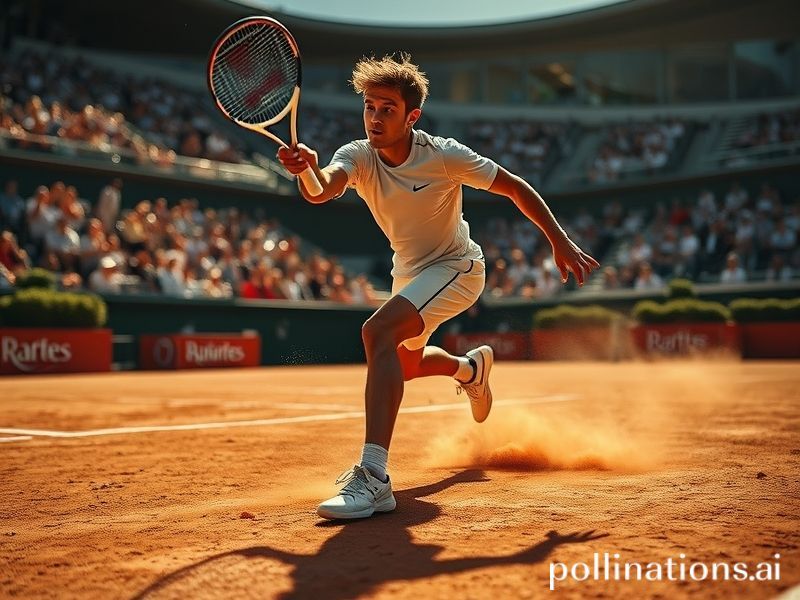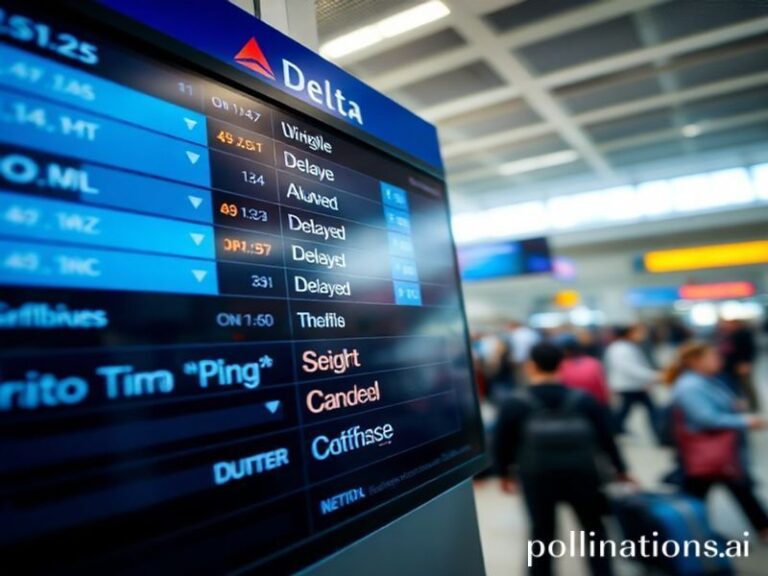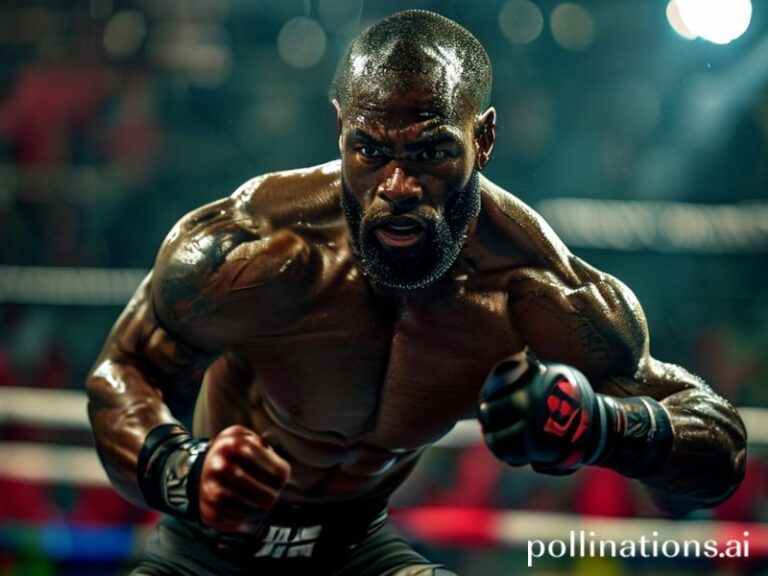Arthur Cazaux: How One French Kid Hijacked Global Attention Without Spilling His Espresso
Arthur Cazaux, the 22-year-old Frenchman who just rocketed from Montpellier obscurity to the Australian Open’s fourth round, is the latest living proof that the universe occasionally hands out lottery tickets to people who’ve already practiced their signature. On paper, he’s merely a kid who beat two top-40 players in straight sets, collected a career-high 180 ranking points, and reminded the world that France still exports more than just strikes and perfume. In the broader, slightly hung-over context of 2024, however, Cazaux’s fortnight in Melbourne feels like a cosmic joke about our collective attention span: give us a fresh face, a backhand worth bottling, and we’ll forget the planet is literally on fire for roughly four hours per match.
The international significance? Start with the geopolitical irony. Tennis—once the polite colonial pastime of garden parties and cucumber sandwiches—has become the last meritocracy where a passport from a middling power can still punch above its GDP. France, currently debating whether to raise the retirement age to 67 or just schedule the apocalypse for 66½, can now plaster Cazaux’s freckled grin across state-sponsored morale posters. Meanwhile, the United States, China, and Russia—the triumvirate that usually weaponizes sports for soft-power flexing—are left scrolling live-scores on their second phones, wondering how a guy who trains in the same sleepy academies that produced the perpetually “promising” French cohort of 2008 suddenly leapfrogged them all.
Then there’s the economic subplot. Cazaux’s run is worth roughly €350,000 in prize money, or about 0.0003% of what LVMH makes every time a Kardashian sneezes near a handbag. Yet that sum is life-altering for a player whose career earnings until last month wouldn’t cover the fuel bill for one of Bernard Arnault’s yachts. In an era when sovereign wealth funds treat football clubs like Panini stickers, tennis remains charmingly feudal: one good fortnight and a kid from the Languedoc wine belt can vault into the chartered-flight class, upgrading from the Ibis to the InterContinental and sampling those tiny macadamia nuts the rest of us only see through business-class porn on Instagram.
Globally, the timing is exquisite. While COP delegates in Dubai were busy pledging to phase out oil “at some point, pinky swear,” Melbourne’s heat index flirted with 40°C and Cazaux still managed five-set epics without visibly melting into the acrylic. His endurance reads like a subtweet at every fossil-fuel lobbyist sweating through their suits: if a 22-year-old can outrun heatstroke on live television, maybe your quarterly targets aren’t an act of God after all. Naturally, no one in the commentary booth drew the parallel; they were too busy replaying a tweener he hit at 30-40.
Human-nature sidebar: watch any press conference and you’ll see the same ritual. A dozen nations’ journalists lean forward, hoping he’ll declare himself the next Nadal, or at least insult a rival nation’s cuisine. Instead, Cazaux shrugs, says he’s “just trying to enjoy,” and sounds like every other 22-year-old who’s been told mindfulness will fix late-stage capitalism. The disappointment on their faces is delicious; they came for geopolitical spice and got chamomile tea.
What happens next is predictable. If he loses in the next round, the hype cycle will euthanize itself within 48 hours, and Cazaux will be reassigned to the Challenger circuit, where prize money is counted in vending-machine snacks. If he wins, Nike will slap swooshes on his socks faster than you can say “branding synergy,” and the French government will knight him or whatever the secular equivalent is these days—maybe a lifetime supply of subsidized baguettes.
Either way, the broader significance remains the same: we are all, at some level, living vicariously through a kid who’s better at hitting fuzzy yellow spheres than we are at paying rent on time. In that sense, Arthur Cazaux isn’t just a tennis player; he’s a quarterly reminder that the world still spins on moments of improbable grace, bookended by press conferences and climate reports. And if that strikes you as bleakly hilarious—well, congratulations, you’ve understood the assignment.







